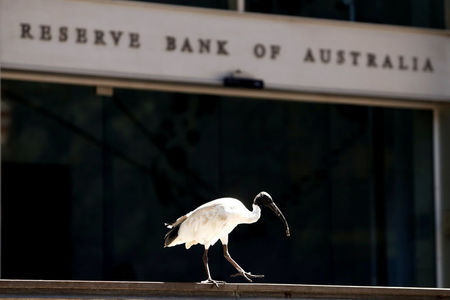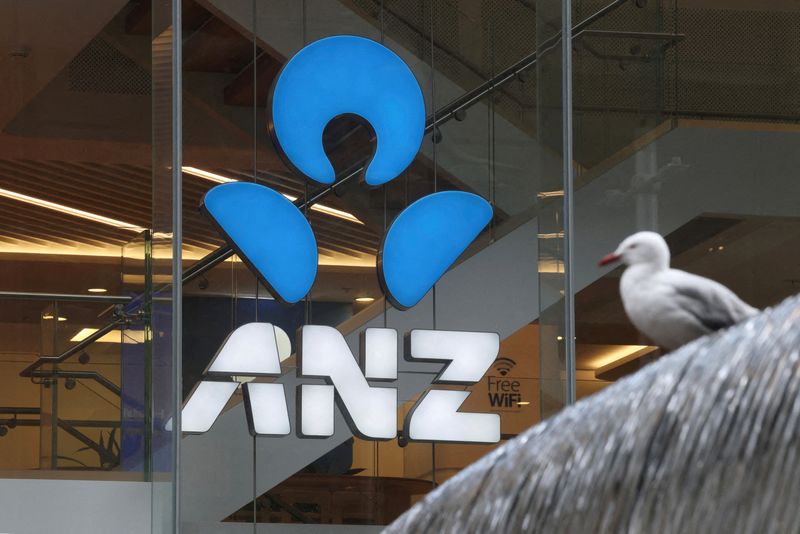Citi ANZ CEO: RBA May Be Done With Cuts
NeutralFinancial Markets

Mark Woodruff, the CEO of Citi for Australia and New Zealand, shared insights on the Australian economy and the Reserve Bank of Australia's potential policy decisions during the Citi Australia & New Zealand Investment Conference in Sydney. His comments suggest that the RBA may have reached the end of its interest rate cuts, which is significant for investors and policymakers as it could influence economic growth and financial markets.
— Curated by the World Pulse Now AI Editorial System














